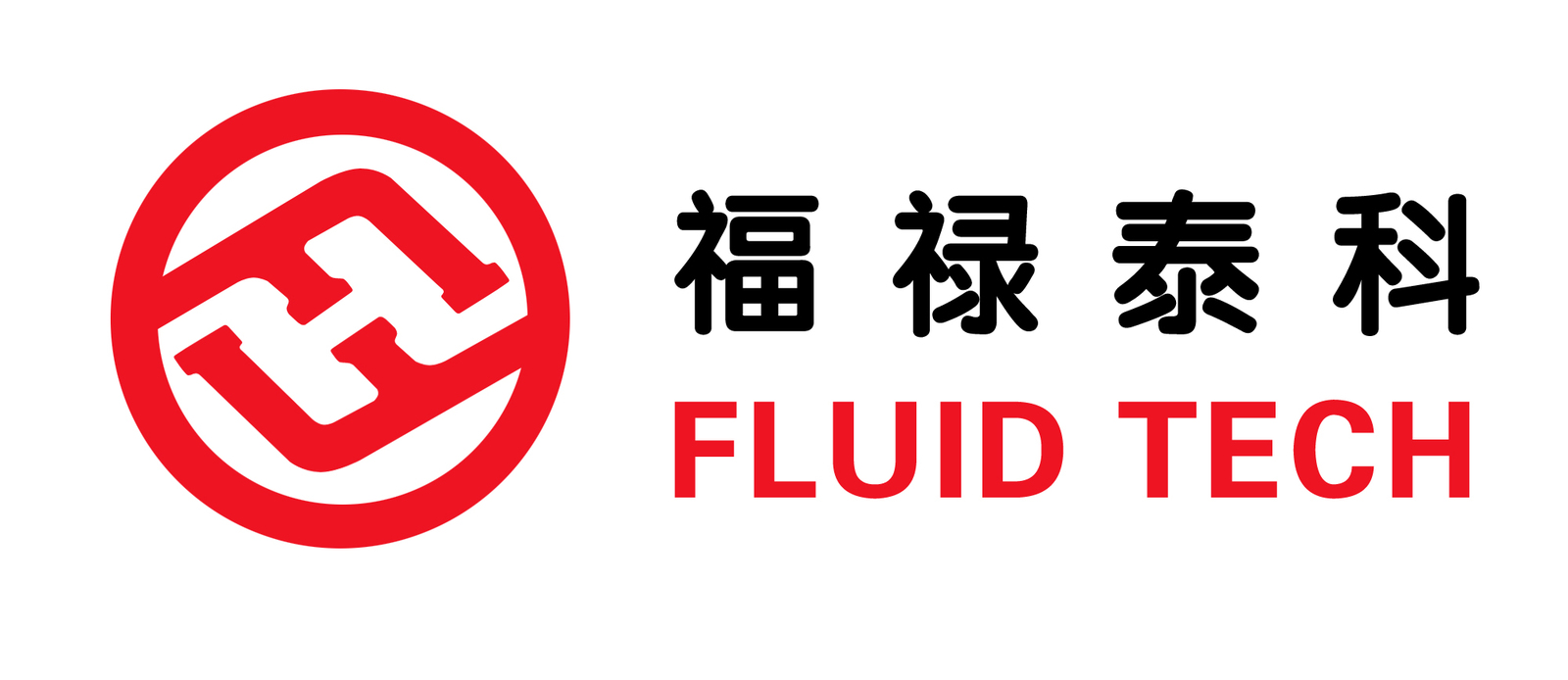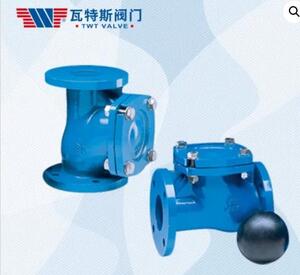What are some common materials used for the disc or piston in lift check valves?
منشور من طرف sino seo
الجسم
The choice of materials for the disc or piston in lift check valves depends on factors such as the type of fluid being handled, operating conditions, and compatibility requirements.
Here are some common materials used for the disc or piston in lift check valves:
Stainless Steel: Stainless steel is a popular choice due to its excellent corrosion resistance, strength, and durability. Different grades of stainless steel, such as 304, 316, or 316L, may be used depending on the specific application requirements.
Bronze: Bronze is commonly used in lift check valves, particularly for applications involving water or non-corrosive fluids. Bronze offers good corrosion resistance, high strength, and ease of machining.
Cast Iron: Cast iron is suitable for applications where strength and affordability are important factors. It is commonly used in industrial applications, especially for larger-sized valves.
Ductile Iron: Ductile iron, or nodular iron, is known for its high strength and impact resistance. It is often used in larger-sized valves or applications that require robust construction.
Carbon Steel: Carbon steel is chosen for its strength, durability, and affordability. It is commonly used in industrial applications where exposure to corrosive fluids is limited.
PVC (Polyvinyl Chloride): PVC is utilized in lift check valves handling water or mild chemicals. It offers good corrosion resistance, affordability, and ease of installation.
Teflon (PTFE): Teflon, or polytetrafluoroethylene (PTFE), is used when there is a need for excellent chemical resistance. It is commonly employed in lift check valves handling aggressive chemicals or corrosive fluids.
Alloy Steels: In applications involving high temperatures, corrosive environments, or specific industry requirements, various alloy steels may be used. Examples include Hastelloy, Inconel, or Duplex stainless steels, China lift check valve which offer enhanced resistance to corrosion, high temperatures, and specific chemicals.
The choice of material for the disc or piston should consider factors such as fluid compatibility, temperature range, pressure, and corrosion resistance. It is essential to consult with valve manufacturers or industry experts to select the appropriate material that meets the specific requirements of the lift check valve application.
Which material would be the best choice for a lift check valve handling corrosive fluids?
When selecting a material for a lift check valve handling corrosive fluids, it is important to consider the specific corrosive properties of the fluid, temperature, pressure, and other operating conditions. However, some materials are generally known for their excellent corrosion resistance and are commonly used in such applications.
Here are a few materials that are often considered suitable for lift check valves handling corrosive fluids:
Stainless Steel (316 or 316L): Stainless steel, particularly the 316 or 316L grades, is widely used in corrosive applications. These grades offer excellent resistance to a wide range of corrosive fluids, including acids, alkalis, and chlorides. They provide good strength, durability, and resistance to pitting and crevice corrosion.
Hastelloy: Hastelloy is a family of nickel-based alloys known for their exceptional corrosion resistance in highly corrosive environments. Different grades of Hastelloy, such as Hastelloy C276 or Hastelloy C22, offer excellent resistance to acids, chlorides, and other aggressive chemicals. Hastelloy is particularly suitable for applications involving strong acids, such as sulfuric acid or hydrochloric acid.
Inconel: Inconel alloys, such as Inconel 625 or Inconel 825, are renowned for their resistance to corrosion and high-temperature environments. They offer excellent resistance to acids, alkalis, and chloride-containing solutions. Inconel is commonly used in applications involving harsh chemical environments or high-temperature conditions.
Titanium: Titanium and its alloys exhibit excellent corrosion resistance, particularly in oxidizing and acidic environments. They are commonly used in applications where both corrosion resistance and lightweight construction are required. Titanium is well-suited for handling highly corrosive fluids such as strong acids or chlorides.
Teflon (PTFE): PTFE, commonly known as Teflon, is a fluoropolymer that provides exceptional chemical resistance. It is particularly suitable for applications involving strong acids, bases, and corrosive solvents. PTFE-lined or PTFE-coated lift check valves are often used to handle corrosive fluids due to their excellent chemical inertness.
The selection of the best material for a lift check valve handling corrosive fluids requires a thorough understanding of the specific fluid properties, process conditions, and any applicable industry standards. It is advisable to consult with valve manufacturers, corrosion engineers, or industry experts to ensure the most appropriate material choice for your specific application.














تعليقات